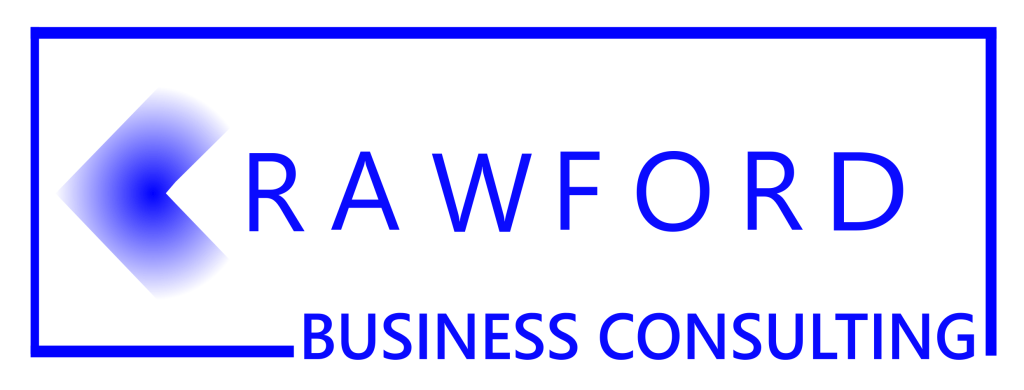Affiliate marketing is a marketing strategy where businesses partner with affiliates to promote their products or services. An affiliate is someone who promotes a product or service in exchange for a commission on each sale or lead they generate. The affiliate promotes the product or service using a unique affiliate link or code provided by the business. When a customer clicks on the affiliate link and makes a purchase or completes a specific action, the affiliate earns a commission.
For example, let’s say you’re a business owner selling fitness equipment. You partner with a fitness influencer who has a large following on social media. The influencer creates content promoting your fitness equipment and includes their unique affiliate link in the post. Their followers click on the link, and some of them make a purchase. You then pay the influencer a commission on each sale generated through their affiliate link.
It can be beneficial for both businesses and affiliates. Businesses can reach a wider audience and generate more sales, while affiliates can earn a commission on each sale or lead they generate without having to create their own products or services.
There are various types of affiliate marketing programs, including pay-per-click (PPC), pay-per-sale (PPS), and pay-per-lead (PPL). In a PPC program, affiliates earn a commission when a customer clicks on their affiliate link, regardless of whether they make a purchase. In a PPS program, affiliates earn a commission only when a customer makes a purchase through their affiliate link. In a PPL program, affiliates earn a commission when a customer completes a specific action, such as filling out a form or signing up for a free trial.
Overall, affiliate marketing can be a valuable tool for businesses looking to increase sales and reach new customers. By partnering with affiliates who have a strong following and influence in their industry, businesses can tap into their audience and leverage their marketing efforts to generate more revenue.
Affiliate marketing is a popular form of online marketing where businesses partner with affiliates to promote their products or services. In this model, the affiliates earn a commission for each sale they generate through their unique affiliate link. If you’re considering initiating an affiliate marketing campaign for your business, here are some pros and cons to keep in mind:
Overall, affiliate marketing can be a powerful tool for growing your business and reaching new customers. However, it’s important to weigh the pros and cons and develop a solid strategy before jumping in. If done correctly, an affiliate marketing campaign can help you achieve your marketing goals and boost your bottom line.
Statistics from Statista.com that support affiliate marketing as an industry:
These statistics show that affiliate marketing is a growing industry, with businesses and publishers investing significant resources into this marketing strategy. Additionally, the data suggests that affiliate marketing is a popular and effective way for businesses to generate revenue and reach new customers.
Based on our experience and research, we recommend using iDevAffiliate as the platform to host your client’s affiliate marketing campaign. Here are a few reasons why:
Overall, iDevAffiliate is a reliable, customizable, and easy-to-use platform that is well-suited for hosting your client’s affiliate marketing campaign. Its reliable tracking technology, integration capabilities, and excellent customer support make it a top choice for businesses looking to launch and manage an effective affiliate program.
For more information and to speak with a professional call us at 470-890-1990. You can also schedule a time that works best with your schedule on our Calendar.

Copyright © 2024. All rights reserved. Crawford Business Consulting